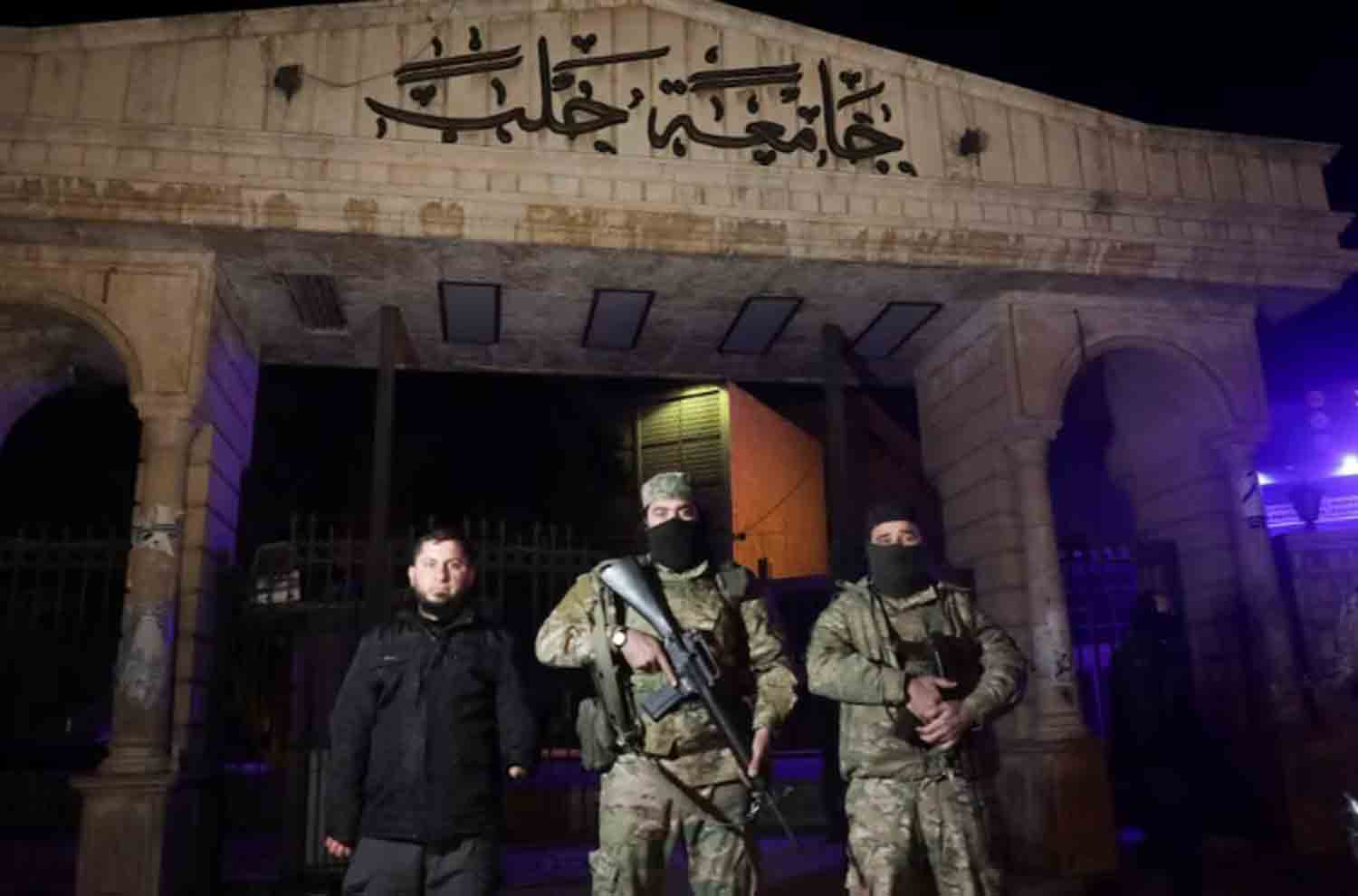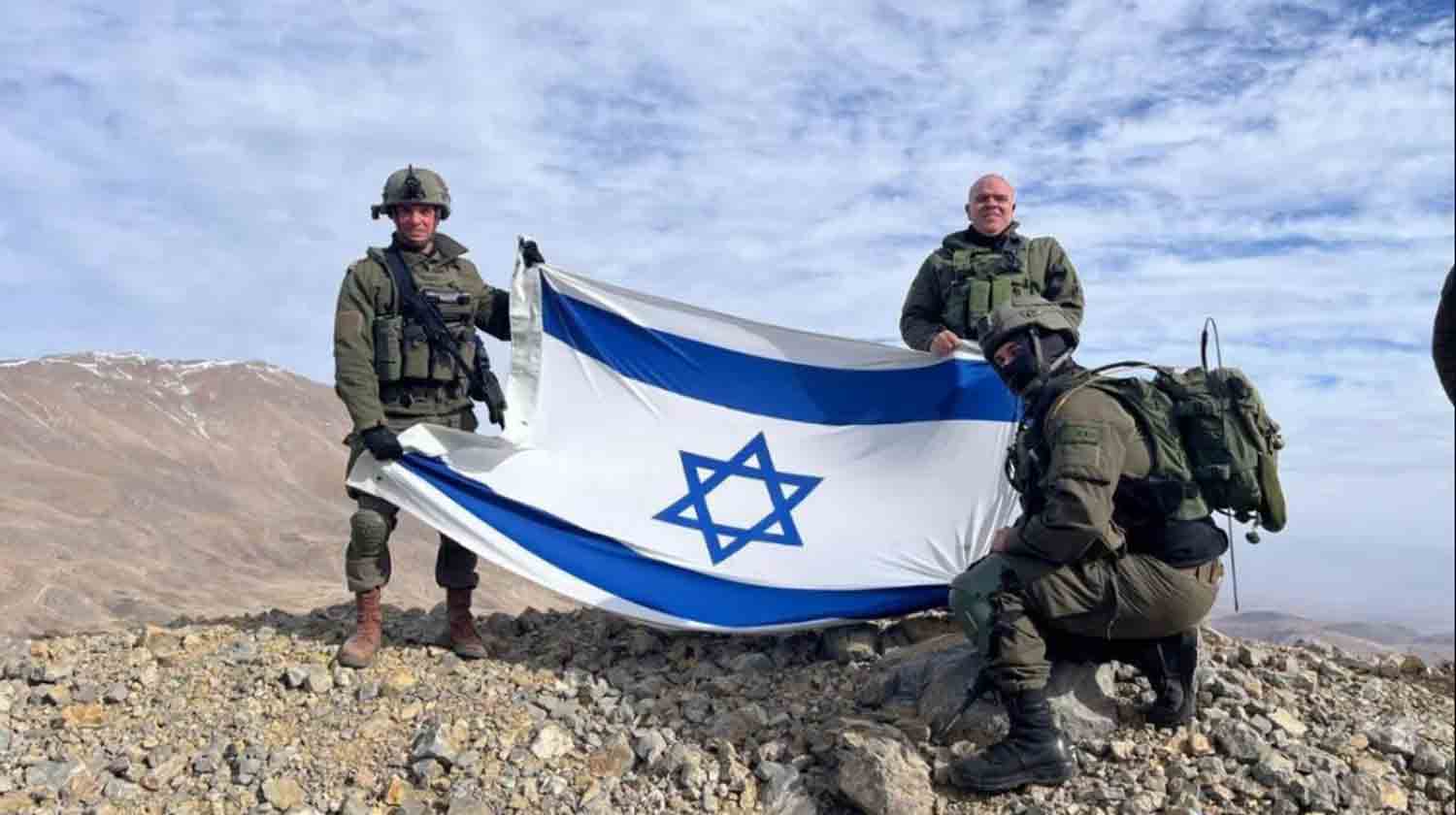The relentless sound of gunfire and explosions was overwhelming. Amr, a 27-year-old conscript in the Syrian army, found himself stationed on the front lines just north of Hama.
As he sought shelter, Amr trembled. The rebel assault had caught everyone off guard, and he did not consider himself a soldier.
“My commanding officer ordered me to open fire,” he remembered. “He warned that failing to shoot at the enemy would label me a traitor, leading to severe consequences.”
Thus, Amr began to fire—not targeting anyone or anything, but rather discharging his weapon into the void to evade punishment.
“We were repeatedly told: ‘Don’t fall back, reinforcements are on the way,’” Amr recounted. “But deep down, we all understood that was untrue. There were no reinforcements.”
As time passed, Amr and the other soldiers defending Hama were forced to retreat southward to Salamiyah. It was at this point that despair seemed to engulf everyone.
Around him, Amr witnessed his fellow soldiers and officers shedding their uniforms and surrendering their weapons.
He chose to follow suit and made his way to Damascus, weary, nearly undressed, and in a state of shock.
Just a few days prior, discarded fatigues were a common sight on the streets of Damascus: boots, trousers, and jackets strewn across the pavement or left beside abandoned tanks.
The Syrian army offered little resistance when rebels advanced into Aleppo on November 30. Amr likely experienced the most intense combat in Hama a week later. However, the anticipated defense of Homs and Damascus never came to fruition.
Assad’s military, which was estimated to consist of 130,000 personnel in 2020, faced collapse due to multiple factors.
Key supporters such as Russia, Iran, and Hezbollah, who had previously delivered significant air support, strategic guidance, and ground forces, found themselves preoccupied and weakened by their own conflicts in Ukraine and Israel.
Additionally, there appeared to be growing disillusionment with a Syrian president who had consistently demonstrated corruption, incompetence, and unreliability.
As a result, the willingness to fight for Assad diminished, including among his own troops.
Although Syria experienced a period of relative calm since the front lines stabilized in 2020, this did not translate into improved living conditions.
Severe inflation levels turned daily life into a struggle for millions of Syrians.
For instance, a conscript like Amr earned approximately 500,000 Syrian lira ($40) per month, which was hardly sufficient for basic living expenses. Promises of a 50 percent salary increase as rebel forces advanced failed to motivate soldiers to remain committed or even report for duty.
Nabil, a lieutenant in his mid-30s, received a summons for a meeting of officers in Damascus on the evening of December 5.
“We were instructed to arm ourselves and prepare to defend the city. Some of us declined, but the Alawi officers complied with the orders,” he explained, referencing the sect associated with the Assads.
“I believe that even those who picked up their weapons were not truly eager to engage in combat.”
Having saved some money, Nabil bribed his commander for a leave of absence. However, just ten minutes after his departure, the commander called to inform him that he had reversed his decision.
“My comrades in the army advised me against returning. They warned that everyone was deserting and urged me to escape,” he stated.
Concerned for his friends, Nabil, aware of the threats from his commander and the potential repercussions for others caught deserting, drove to his base in the Madi neighborhood the following night to help some of them flee.
“When I arrived at the base, I witnessed three generals making their escape in their own vehicles. For once, they were behind the wheel themselves,” he recalled.
At the checkpoints, authorities were frantically attempting to force fleeing soldiers to turn back, threatening to shoot anyone who refused to return to their posts.
“Everyone simply maneuvered around them or presented identification that was not connected to the military, such as union cards,” Nabil noted.
Mohammed, a 25-year-old sergeant, was on leave when the offensive commenced. Like many service members, he was utilizing his time off to earn money to support his family.
“I was informed that I needed to mobilize immediately due to an emergency involving rebel attacks in Hama,” Mohammed recounted.
“I explained that I needed to make money to provide for my children, so I wouldn’t report for duty. In truth, I simply did not want to engage in combat. We Syrians are brothers and should not be fighting one another.”
His commander, however, was insistent. He threatened to send a police vehicle to retrieve him from his home.
“He stated: ‘I view you as a traitor, and you will face the most severe consequences of your life.’”
As he gazed out the window, it became evident to Mohammed that chaos was unfolding, with soldiers fleeing in disarray.
“The sounds of soldiers in the street could be heard, cursing Assad as they hurried away.”
Discover more from Defence Talks | Defense News Hub, Military Updates, Security Insights
Subscribe to get the latest posts sent to your email.





